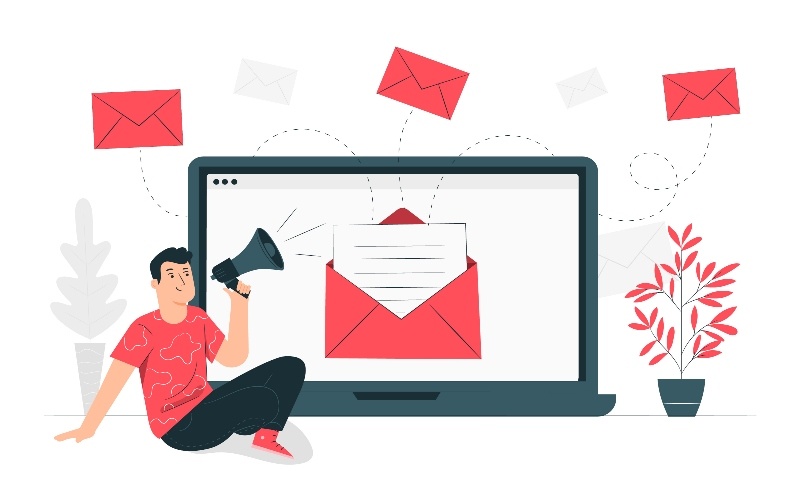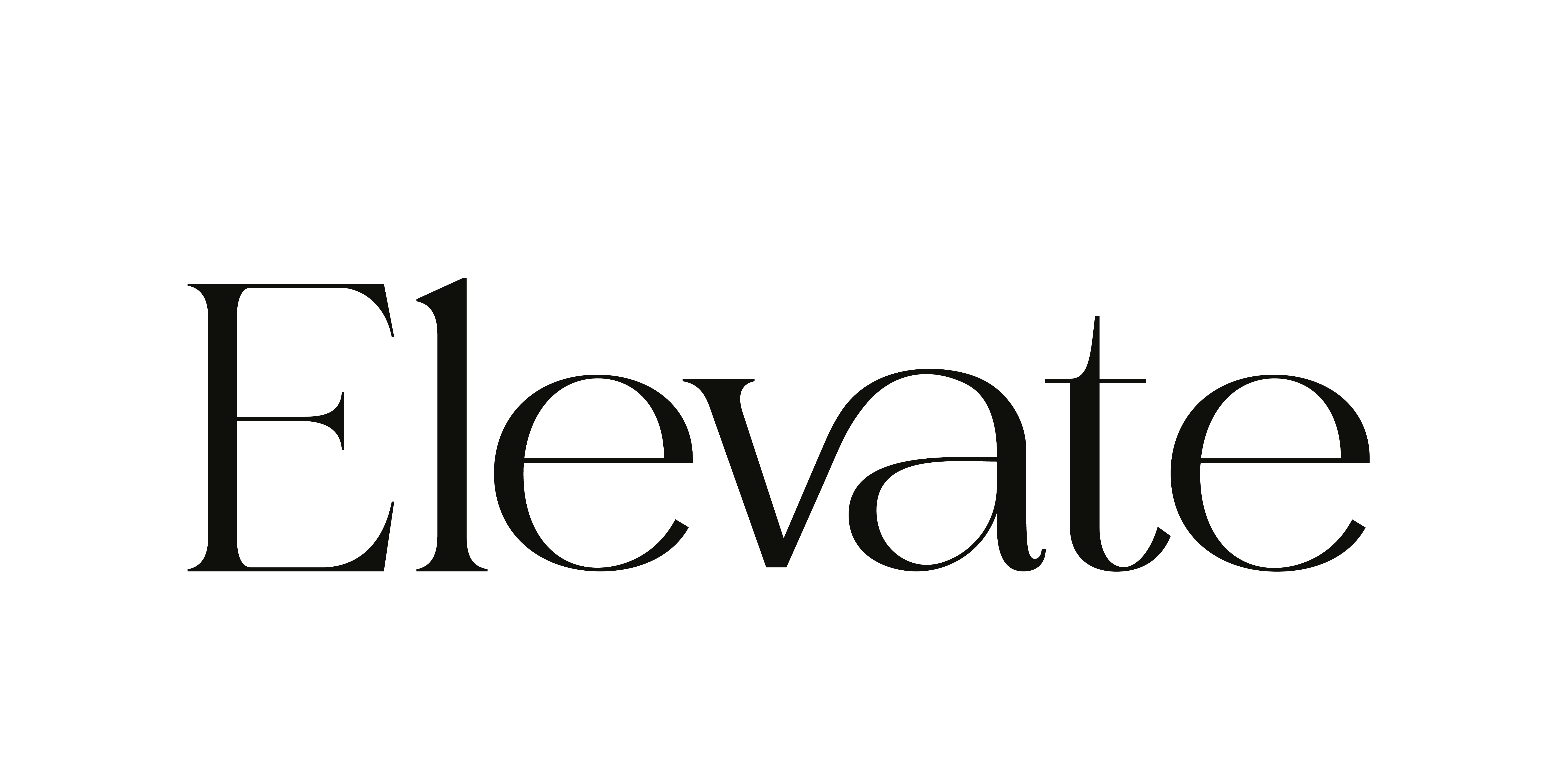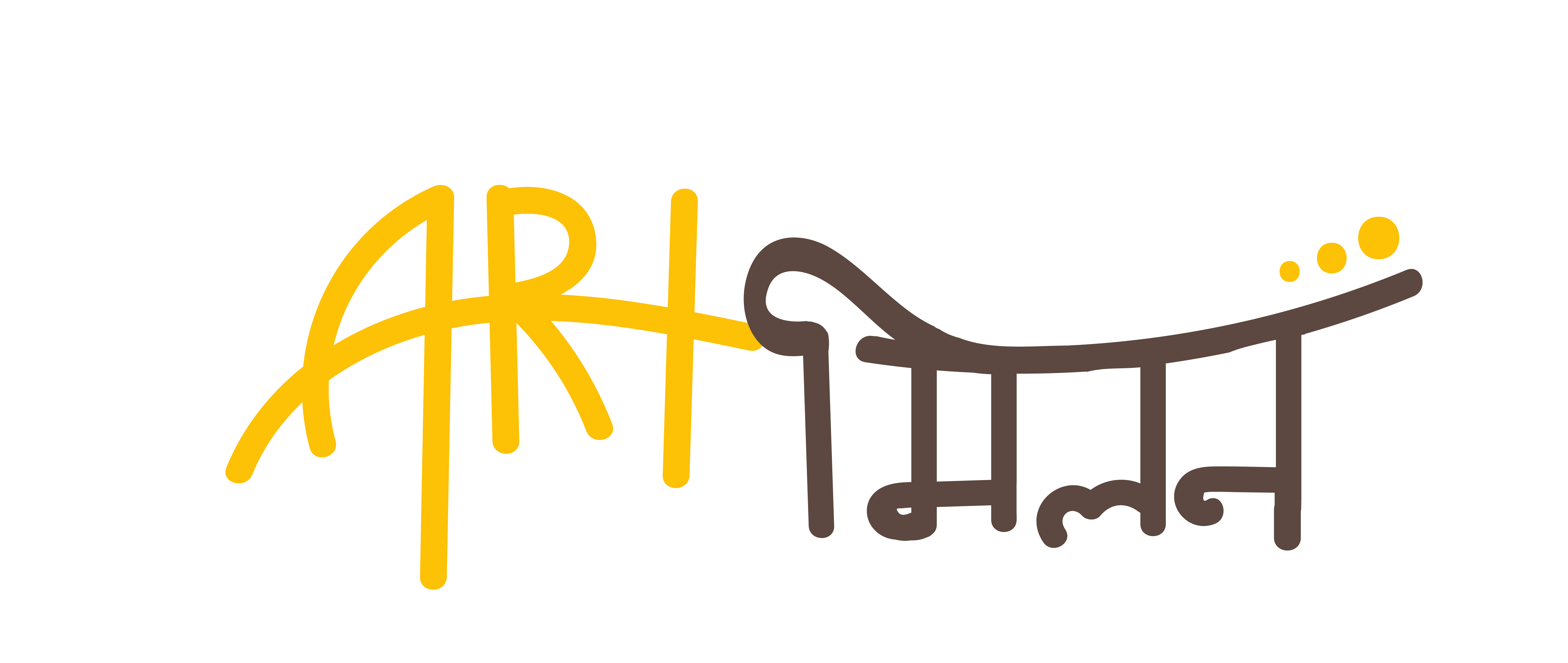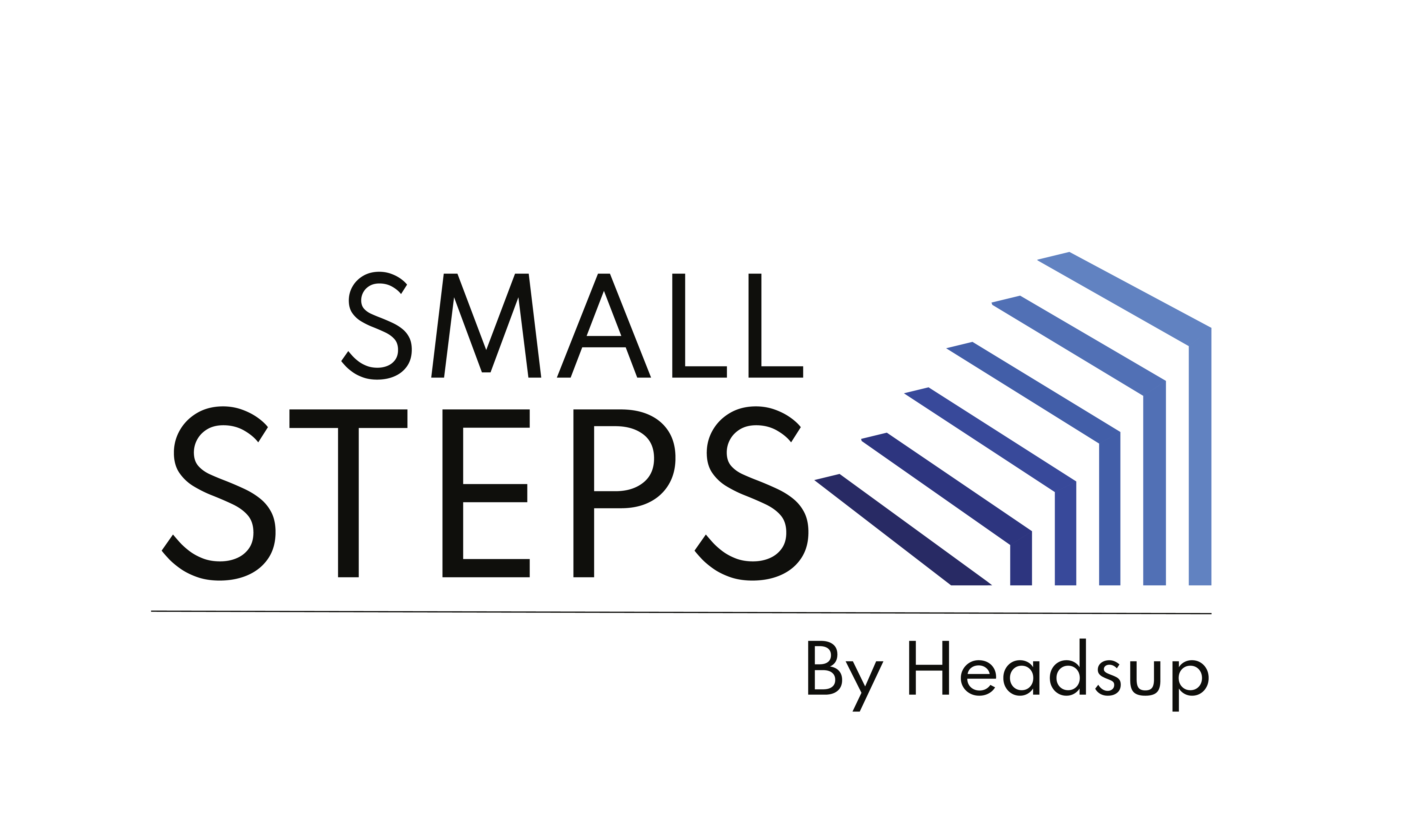The workplace is a fast-paced, stressful and competitive environment. It requires us to put our best foot forward, be productive, and have a healthy relationship with clients, management, and co-workers. Managing the above things is a daunting task. This is where mindfulness and grounding help us. It adapts us to our fast-paced work environment, makes us feel less stressed and less reactive to stressful situations. It also strengthens our focus and productivity. Practicing mindfulness is an all-rounder solution to our workplace problems.
Mindfulness is meant to benefit everyone (management and leadership also) in the workplace, it gives them a sense of awareness and compassion. The company’s turnover improves when the workplace incorporates mindfulness.
A study from Ohio State University found that students when they multi-task, felt more productive but in reality, they were less productive.
Here are some of the best ways to practice mindfulness and grounding at your workplace:
Take frequent breaks: Breaks are perceived as an excuse to delay work and most people think they can’t afford to take breaks. Regular breaks seem too far-fetched. But Desk Time, a well-known productive study group, found that employees who were the most productive worked for 52 minutes followed by a 17-minute break. The brain works in high activity for one hour then moves to short activity for a short time, this short time is regarded as the perfect time for a break.
To accommodate frequent breaks, set a timer on your phone that rings every hour. The break could be a short one at your desk or you can go outside for a walk. Regular breaks feel rejuvenating.
Keep a check on your breath: A breathing exercise can do wonders for your mind, it is also one of the easiest ways to practice mindfulness at work. Whenever you find yourself feeling stressed and restless, focus on your breathing, take a minute to consciously breathe, you will start feeling relaxed.
 Do not check your emails frequently: Checking emails can be distracting, it is of course necessary to check emails but checking emails constantly can distract you from doing your priority tasks. If possible, disable push notifications and check emails only when you have the time to do so with full concentration. When you open your inbox, only focus on what’s important.
Do not check your emails frequently: Checking emails can be distracting, it is of course necessary to check emails but checking emails constantly can distract you from doing your priority tasks. If possible, disable push notifications and check emails only when you have the time to do so with full concentration. When you open your inbox, only focus on what’s important.
Listen with your full attention: When someone is speaking, try to listen to them actively, be mindful of what they are saying instead of just nodding your head. Don’t just wait for your turn to talk, listen to others before and after you. When you listen actively, you block out the internal chatter in your brain and process what the other person is saying. This helps you to strengthen your relationships with people.
Use your commute to work to unwind: Work is not everything, it’s important to set boundaries and unplug at the end of the day. Use your commute from your workplace to your home to unwind, turn off your phone, don’t read a book, don’t do anything. Just observe the things around you and focus on your breathing. If you find yourself having stressful thoughts, simply let them be, acknowledge them, don’t try to shut them down.
Practice gratitude: When you see yourself spiraling into a bad place, see it as an opportunity. Try a gratitude exercise the next time you are feeling down. Write one to two things you like about your job. This is a way to feel good about your work and appreciate your job. Your day may just turn nicer.
There are many ways to practice mindfulness and grounding at work. The internet has tons of resources available to help you kick start your journey to mindfulness. Use it to your advantage and thrive at your workplace.













